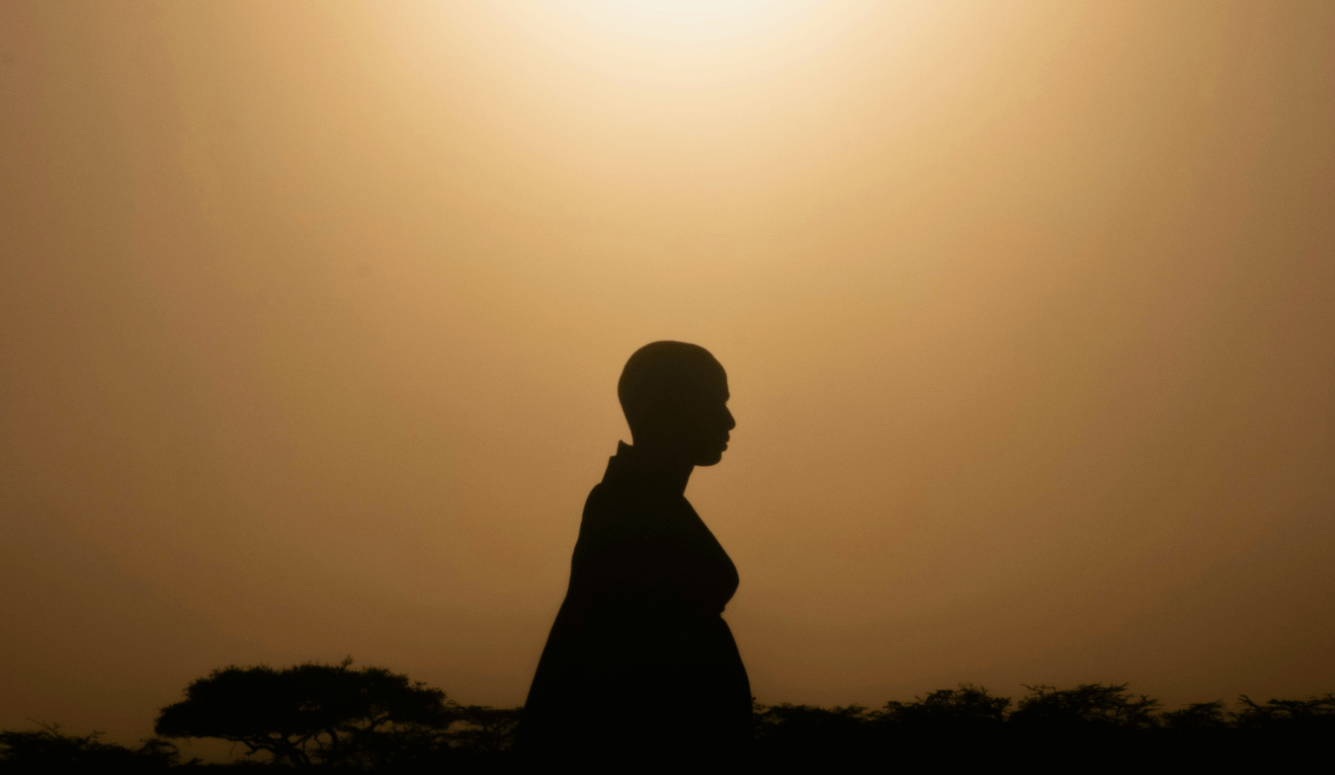Africa
Africa and the History of Civilisation
The history of Africa isn’t the history of the ‘black race,’ but a vital part of the history of human civilisation.

A review of An African History of Africa: From the Dawn of Humanity to Independence by Zeinab Badawi, 532 pages, W.H. Allen (April 2024).
In his Lectures on the Philosophy of History (1837), Georg Hegel declared that Africa is “no historical part of the World” and that “what we properly understand by Africa, is the Unhistorical, Undeveloped Spirit, still involved in the conditions of mere nature.” His sentiments were echoed by esteemed British historian Hugh Trevor-Roper, who dismissed African history as “the unrewarding gyrations of barbarous tribes in picturesque but irrelevant corners of the globe,” proclaiming,
Perhaps, in the future, there will be some African history to teach. But at present there is none, or very little: there is only the history of the Europeans in Africa. The rest is largely darkness, like the history of pre-European, pre-Columbian America.
Such views remained uncontroversial in the West for a long time and were reflected in both high intellectual culture and in popular entertainment. Black Africans were frequently portrayed as barely clothed, over-sexed, flesh-eating savages who salivate at the sight of a European. The 1950 film King Solomon’s Mines, adapted from H. Rider Haggard’s 1885 novel, is a trailblazer for the ‘Lost World’ adventure genre. When the protagonists encounter an indigenous African tribe for the first time, they are gathered around a cauldron and the main female character remarks, “I’ve got the oddest feeling we’re going to get cooked in that pot.” This image of Africans as savage, cannibalistic hordes was to be very persistent in the European imagination.
Historically, Westerners have viewed Africa as tropical, black, primitive, mysterious, and obscure, and its people as tribal and preliterate, possessing neither historical records nor any sense of historical time. In this view, that part of the world was in perpetual stasis and socially, it had barely evolved since the Stone Age. Voltaire remarks of Africans, “a time will come, without a doubt, when these animals will know how to cultivate the earth well, to embellish it with houses and gardens, and to know the routes of the stars”—but that time had not yet arrived, he believed.





